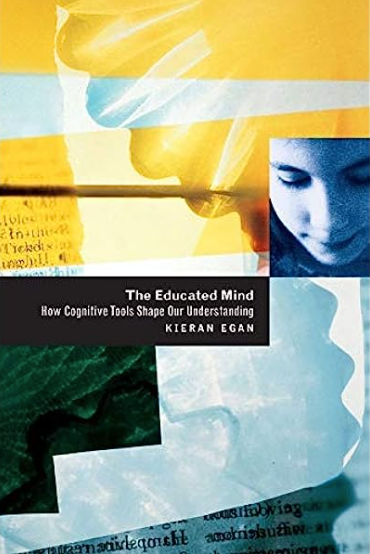Chris Bray helps dispel the hypnotic trance so many American conservatives have been suffering under:
A stupid trend is emerging in the coverage of campaign discourse.
By now you’ve probably seen footage of Tucker Carlson interviewing Mike Pence in Iowa, a discussion that produced a memorable exchange regarding Ukraine. Politico would like you to know that it was a kind of hypnosis routine, a mental hijacking in which Carlson tricked conservatives into accidentally thinking that they don’t like the former vice-president.
The former Fox News host, reports the all-seeing Sally Goldenberg, “primarily used his perch to press candidates on issues of importance to him: namely, the United States’ role in the ongoing war in Ukraine.” As the United States sends cluster munitions to Ukraine and calls up thousands of reservists for “combat-ready” service in Eastern Europe, a journalist is asking political leaders about Ukraine only because it’s a quirky itch his ego needs to scratch — a selfish personal cause, pursued for whatever odd reason. Here’s Goldenberg’s eighth paragraph, and compare it to what you saw with your own eyes:
Carlson — a fierce Trump defender who later soured on the ex-president — challenged, interrupted and contradicted the soft-spoken Pence at nearly every turn. As a result, the devout Christian candidate faced hostility and jeers at a summit that would have once provided him with a friendly audience.
The hostility and jeers were inorganic and manufactured; they didn’t happen because the audience didn’t like Pence or his answers, but as a result of the performative maneuvering of an interviewer who challenged and contradicted him. It’s simply not possible that the audience actually didn’t like Pence or his answer; rather, journalism’s David Blaine pulled a “hey, do you wanna see some magic?” on them, whisking them away into a world of illusion. Tucker Carlson entered a thousand helpless brains and drove a Pence-loving audience away like a bus. The story goes on the say that “establishment Republicans expressed dismay,” accusing Carlson of “pro-Kremlin misinfo.” They don’t have to write these stories any more — they can just cut and paste from all the previous versions.
This is a template for all future campaign coverage: Voters were accidentally hypnotized today into wrongfully [fill in blank] after [select: Tucker Carlson / Donald Trump] challenged and contradicted more responsible leaders.






